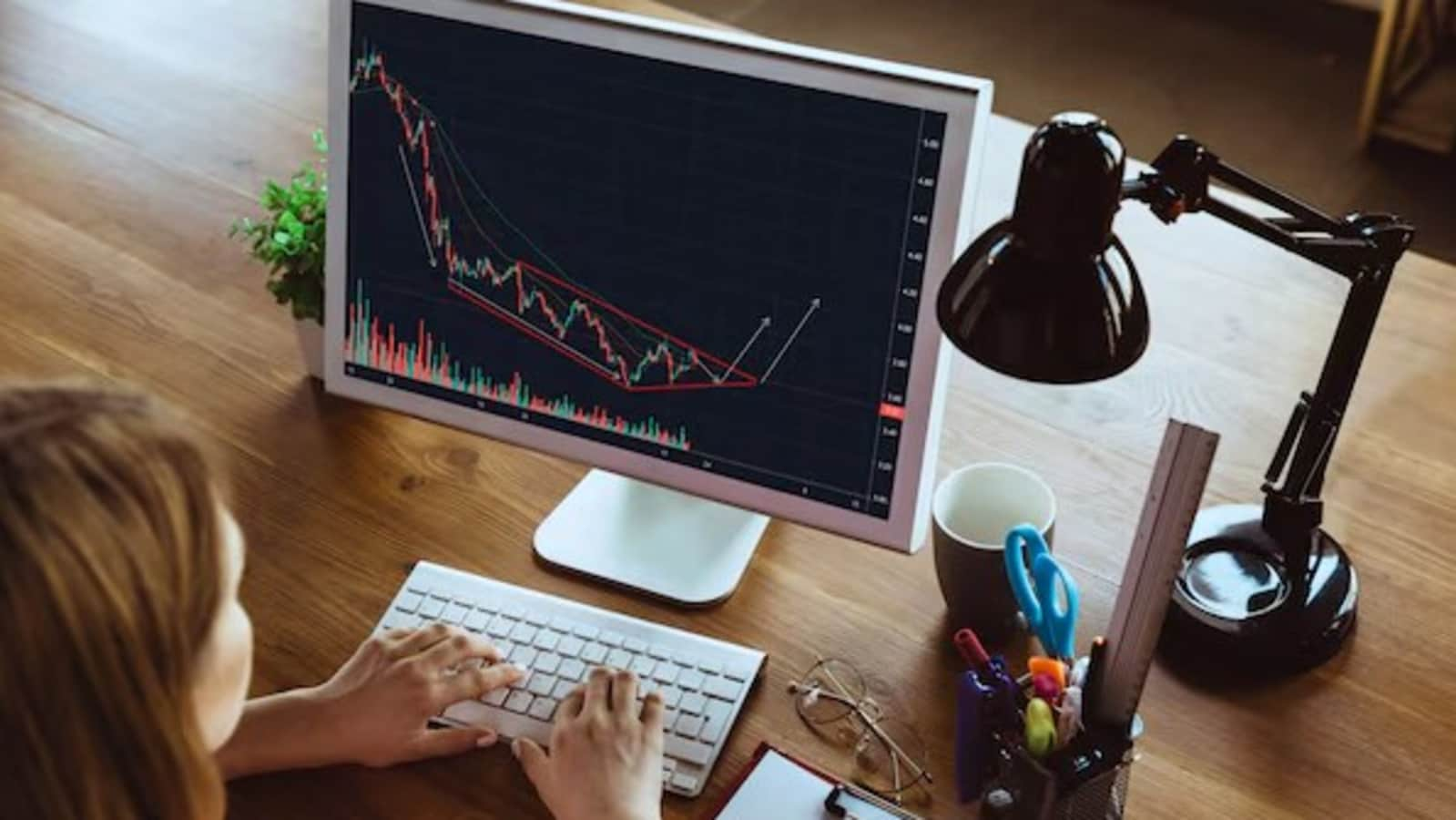On April 3, U.S. banking stocks experienced a significant downturn, reaching lows not seen in several months. This decline was primarily triggered by President Donald Trump’s ambitious tariff proposals, sparking concerns about potential impacts on capital markets and a slowdown in consumer spending. Notably, Citigroup saw a steep decline of 11%, while major players such as Bank of America, Morgan Stanley, Goldman Sachs, and Wells Fargo each fell by 9%. The largest U.S. bank, JPMorgan Chase, also faced a 7% drop.
Impact of Tariffs on Banking Sector
The recent turmoil represents a stark shift in sentiment for the banking sector. Just a few months prior, the industry had a positive outlook for 2025, buoyed by expectations of deregulation in mergers and acquisitions (M&A) and lower corporate tax rates. However, the introduction of a 10% tariff on all imports by Trump has raised alarm bells about a potential global trade war, leading to a sell-off in economy-sensitive bank stocks.
- Investors are worried about the indirect effects of these tariffs on economic activity.
- Analyst Insight: Jim Mitchell from Seaport Research Partners noted that the uncertainty surrounding tariff impacts is likely to dominate the banking sector in the foreseeable future.
Future Challenges for Investment Banking
The current climate of uncertainty has caused many companies to delay acquisitions, which could put additional pressure on investment banking revenues. Analysts caution that dwindling consumer confidence might lead to decreased spending and reduced demand for loans.
- Regional banks may feel the brunt of this impact more than the larger institutions.
- Major banks can buffer some of the pressure through trading operations, which may benefit from market fluctuations.
Analysts’ Recommendations
In light of these developments, J.P. Morgan analysts have expressed caution regarding bank stocks, favoring Global Systemically Important Banks (GSIBs) over regional ones. They highlighted that while large bank shares have fallen sharply, their valuations could be "attractive" at this juncture.
The KBW Regional Banking Index dropped by 8.7% on Thursday, marking its lowest point since August of the previous year. As the situation continues to evolve, investors will need to stay informed about the implications of trade policies and their effects on the banking industry.
In summary, the recent plunge in U.S. bank stocks underscores the delicate balance between economic policy and market confidence, prompting a reevaluation of investment strategies within the financial sector.











